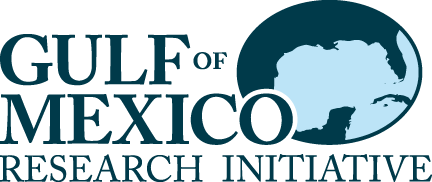Summary:
The BP oil crisis has brought home how little we know about benthic marine communities of the West Florida shelf, and how this lack of knowledge will limit our ability to assess impacts and plan remediation. The crisis also comes at the general time when marine resource management is undergoing a broad shift in focus from focusing on exploited species, to assessing ecosystems, and a necessary scaling up in our capacity to assess, monitor, and to generally better understand marine biodiversity. The objective of this proposal is to establish an integrative, biodiversity baseline for the rich, coral-sponge communities of the west Florida shelf, and to assess the impacts of the oil on these communities in the short term. Coral-sponge communities on the west Florida shelf are spatially extensive, biologically diverse habitats that harbor an abundance of marine resources, in particular of bottom fishes. With long-lived, photosymbiotic cnidarians and filter-feeding sponges contributing much of the habitat architecture, these habitats are especially sensitive to pollutants and global warming. We propose to undertake a large-scale biodiversity survey of these communities, covering all major components of the sessile and mobile biota at multiple locations along the shelf. We will thoroughly characterize the species diversity encountered using integrative taxonomic methods, and make this information broadly available and useful through images, DNA barcodes, and georeferenced specimen data. These resources will greatly facilitate future ecosystem-scale efforts on west Florida shelf habitats, and provide tools for analyses of food webs and recruitment patterns. We will also establish monitoring stations at three locations along the shelf. We will assess the structure and diversity of marine communities at these sites rapidly and at least once more toward the end of the project, to assess potential changes in community composition as a result of oil impact.
